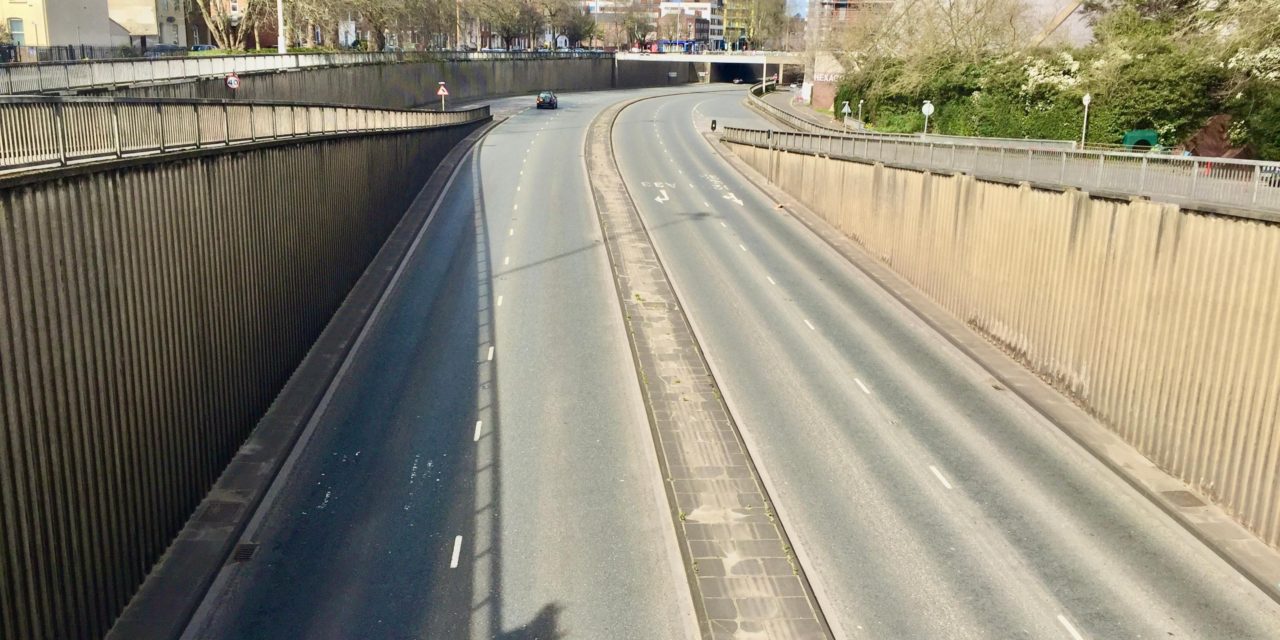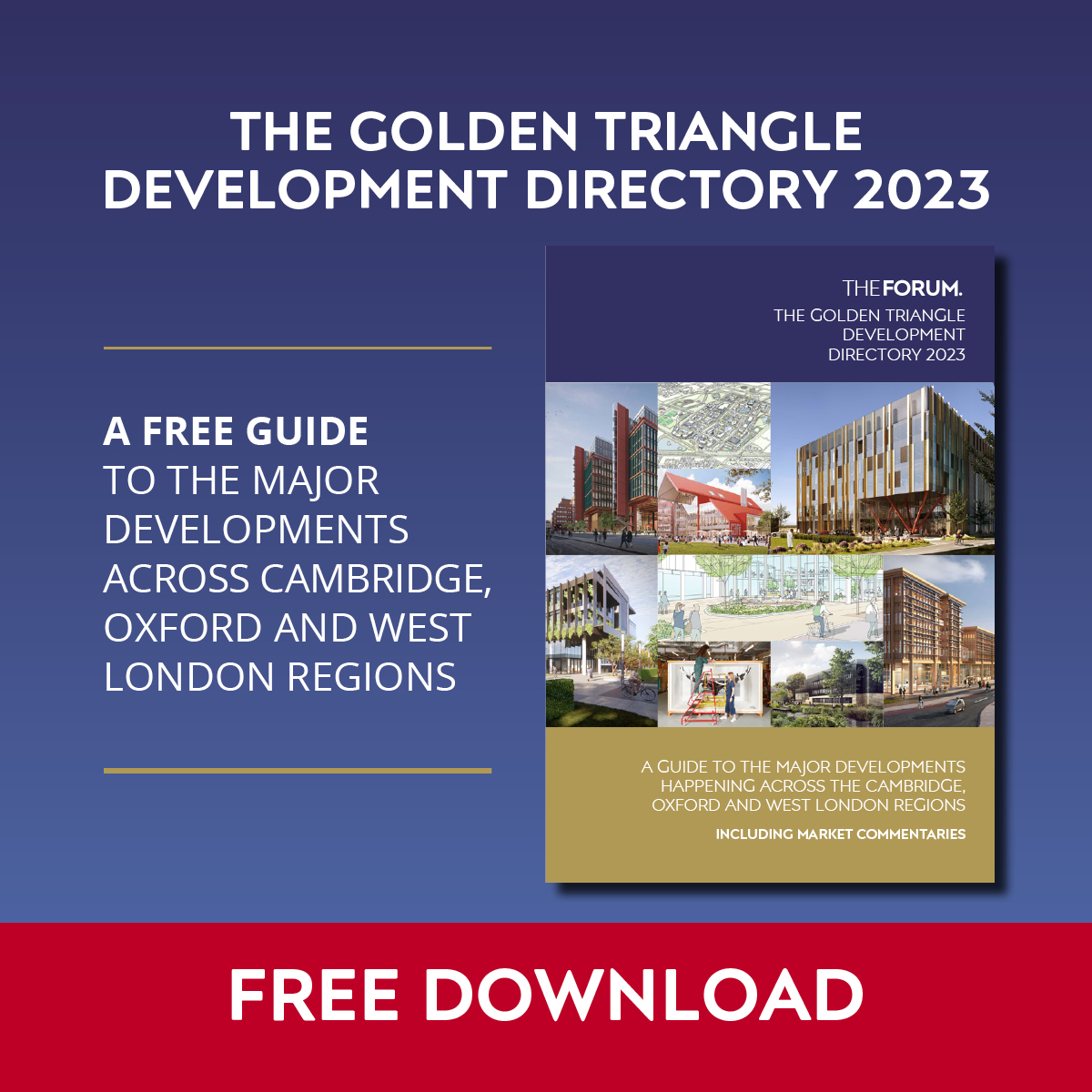Chris Holdup, associate at mode Transport Planning, follows up his earlier thoughts on the new Reading Transport Strategy by looking ahead in the context of both the climate change issue and the current COVID-19 crisis.
What has become clear again in recent times is the ability for human beings and society to pull together in dealing with an urgent and important challenge which threatens life and our livelihoods.
Not in a very long time has it been so apparent how precarious our order that we take for granted is, and how quickly this can turn to chaos.
Some have been drawing comparisons between current events and the much greater existential threat to humanity – climate change. The difficulty is, this has tended to lack one of the elements bringing people together today – urgency. Only time will tell (and let us hope not too much in hindsight) how well we chose to react to this less rapid but more momentous threat.
How proactive we are now in better nurturing what provides for our very being, may have profound impacts on our lives in the future.
Like many local authorities, Reading Borough Council is doing its bit in being proactive and has sought to up the urgency by declaring a ‘climate emergency’.
In addition to bold policies aimed at dealing with this emergency in its recently adopted New Local Plan to 2036 (electric charging points for all new households with a driveway for example) as well as progress with a dedicated ‘Climate Emergency Strategy 2020-25’, the council is also consulting upon a draft version of the sustainable travel-led ‘Reading Transport Strategy 2036’.
We recently gave an initial insight into the consultation version of the Reading Transport Strategy in terms of proposed measures. Looking back, what a difference a couple of weeks can make. We only need to look around us at how the future could be – less traffic on the roads and a real-time reduction in air pollution, enabled by increased home working and now schools.
Of course, this isn’t out of choice but necessity, and we will go back to our day-to-day lives within the soonest possible timeframe. Nevertheless, we can see the benefits of what a future with fewer cars on the road may look like. Perhaps this may guide us in a way we may never have fully imagined otherwise.
In any event, exit strategy options to the situation we are currently in are already making reference to the potential for more sustained social distancing measures. May we not only become more conscious about how much we travel, but also have a continued need to? May that help cement better travel habits moving forward?
May we see responses to the Reading Transport Strategy consultation picking up on how we may learn from such themes in finalising the strategy as a result?
Whatever the case, we must all surely be able to focus our lens further on the messages surrounding sustainable travel choices, and embrace calls for action such as the Reading Transport Strategy, in the development industry.
Recent and ongoing events have hit home how much of a role travel plays in our daily lives and what kind of future we may wish to live in. We can choose to be proactive in shaping sustainable communities, where the need to travel is reduced and reliance on car travel is very much lessened.
Perhaps this is more urgent and necessary than we realise, yet choice is slowly but surely eroding as an option regardless.
© Thames Tap No 203 (powered by ukpropertyforums.com)














